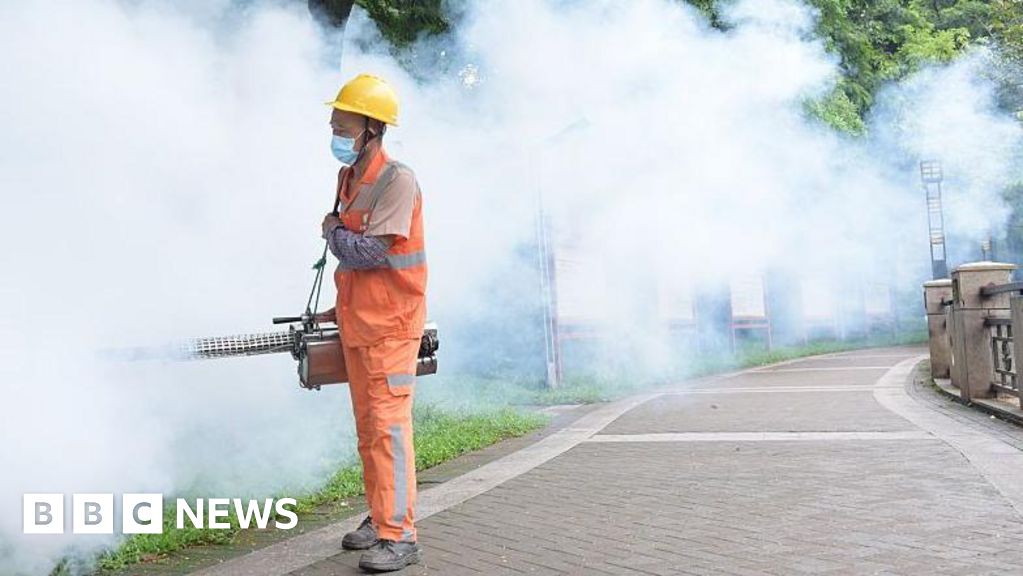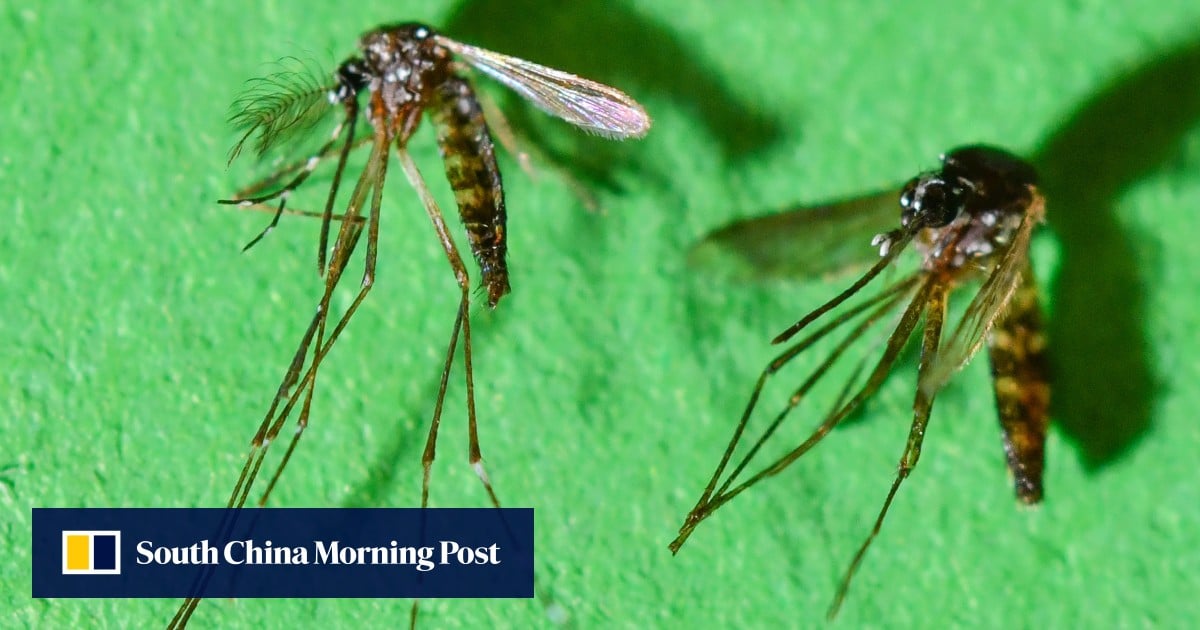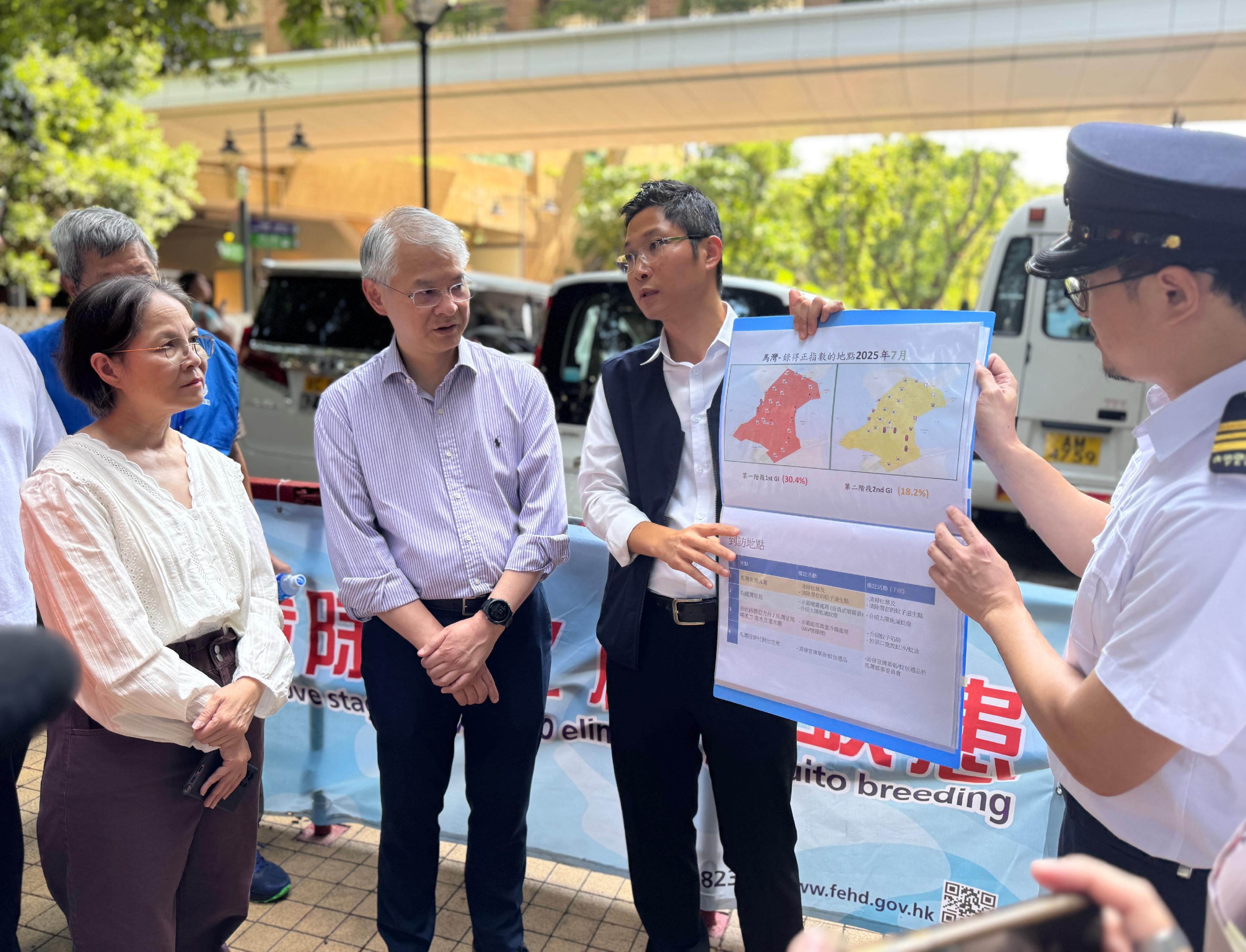Guangdong Shunde reported 478 confirmed cases of Chikungunya fever: caused by overseas imports, all of which are mild
July 15, 2025 15:31
On the afternoon of July 15, the official WeChat public account "Healthy Shunde" of the Health and Health Bureau of Shunde District, Foshan City, Guangdong Province reported that on July 8, Shunde District monitored and discovered a local outbreak of Chikungunya fever caused by overseas imports. All levels of the city and district attached great importance to it and immediately organized professional forces to carry out prevention and control work with all their strength. Through active case search and testing, as of July 15, a total of 478 confirmed cases have been reported in the district, mainly concentrated in Lecong Town, Beijiao Town, and Chencun Town, all of which were mild cases.
https://news.sina.com.cn/c/2025-07-1...=pcpager_news& loc=34&r=0&rfunc=11&tj=cxvertical_pc_pager_news&tr =174
July 15, 2025 15:31
On the afternoon of July 15, the official WeChat public account "Healthy Shunde" of the Health and Health Bureau of Shunde District, Foshan City, Guangdong Province reported that on July 8, Shunde District monitored and discovered a local outbreak of Chikungunya fever caused by overseas imports. All levels of the city and district attached great importance to it and immediately organized professional forces to carry out prevention and control work with all their strength. Through active case search and testing, as of July 15, a total of 478 confirmed cases have been reported in the district, mainly concentrated in Lecong Town, Beijiao Town, and Chencun Town, all of which were mild cases.
https://news.sina.com.cn/c/2025-07-1...=pcpager_news& loc=34&r=0&rfunc=11&tj=cxvertical_pc_pager_news&tr =174





Comment